Essential Oils and Pet Birds
Imagine walking into a room filled with a soft, soothing scent. You feel instantly calm, relaxed. Now imagine the same experience for your feathered friend. Could essential oils be the key to a calming, healthy environment for your pet bird? However, tread lightly, there’s more to this than just a pleasant aroma. Essential oils can be a double-edged sword for birds, offering potential benefits but also posing significant risks to their delicate systems.
This journey will navigate you through the world of essential oils and birds: the safe and the potentially toxic oils, the correct ways to introduce essential oils to your birds, the best practices for usage, and the importance of avoiding common household toxins. Let’s embark on this journey together, for the health and well-being of our feathered companions.
Takeaways
-
Exercise caution when using essential oils around birds, as their sensitive respiratory systems can be easily affected.
-
Consult a veterinarian or avian specialist for advice on high-quality and safe essential oil brands to use with pet birds.
-
Follow recipes and ratios prescribed by experts when creating custom blends for feathered friends.
Understanding the Risks and Rewards of Essential Oils for Birds
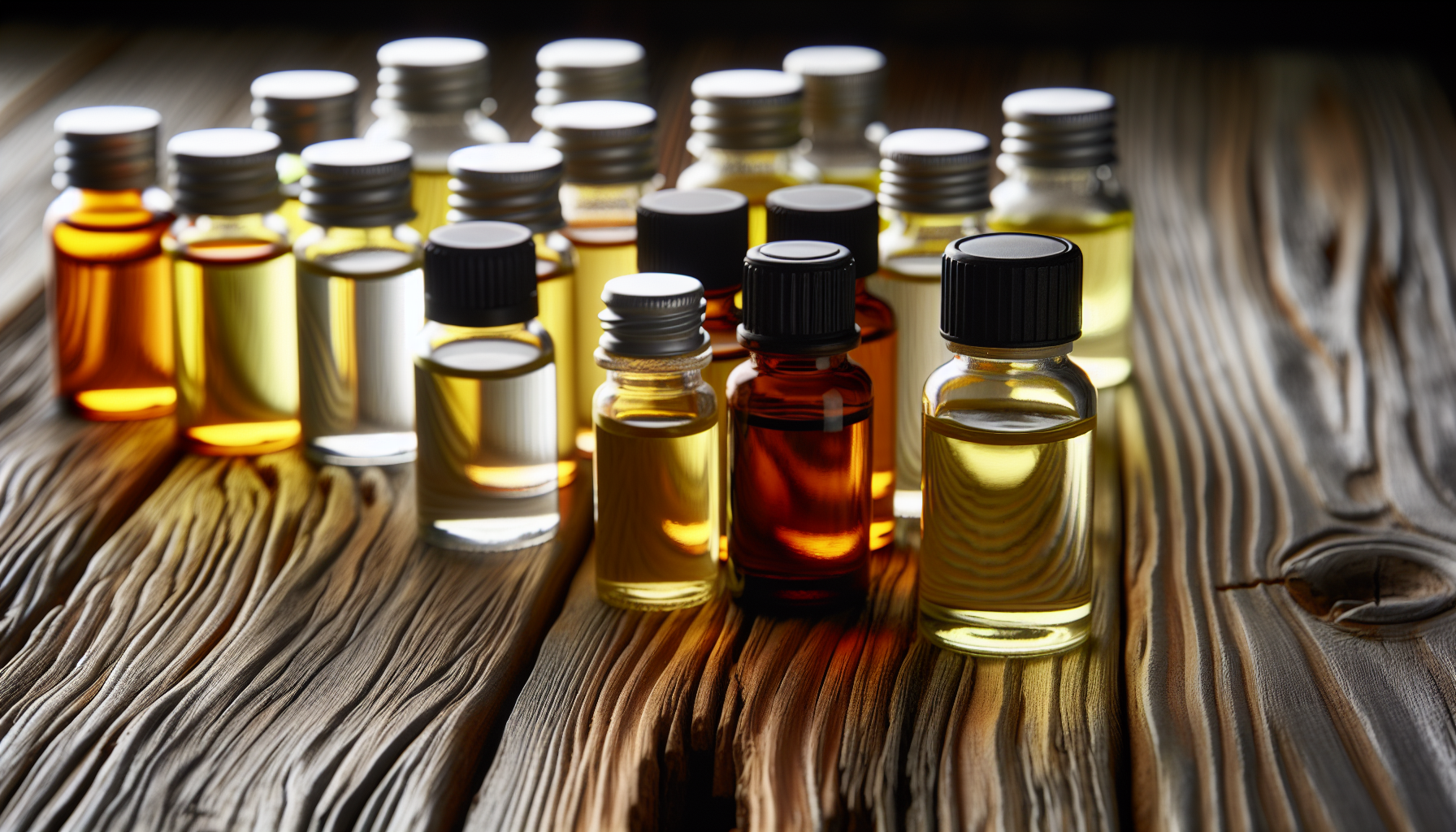
Essential oils provide a multitude of health benefits. From lavender’s calming properties to the invigorating scent of citrus oils, these potent elixirs are hailed for their myriad benefits. But does the same hold true for our feathered friends? Many essential oils may pose dangers for birds due to their sensitive respiratory and nervous systems, making some oils harmful.
Experts worldwide suggest the use of potent oils as a natural substitute to traditional medical treatments for certain medical conditions. This has been backed by reliable studies which have validated their effectiveness. However, caution should be taken when using them. Here are some precautionary measures to keep in mind when using essential oils around birds:
-
Add essential oils to a bird’s drinking water with caution.
-
Only use ceramic, glass, or a stainless steel water dish for this purpose, as certain essential oils can have a negative impact on plastics.
-
If inhaled, essential oils can be hazardous to your bird.
-
It is always best to take precautionary measures when using essential oils around birds.
In case of uncertainty, a consultation with a veterinarian can be invaluable. Pet bird owners interested in integrating essential oils into their birds’ care routine should thoroughly examine each oil, focusing particularly on potential effects on the bird’s unique physiological needs.
Identifying Safe Essential Oils for Birds
Finding your way through the extensive range of essential oils can seem complex. Essential oils may not be suitable for all birds. However, a few of them are considered safe. Some essential oils that bird owners can consider using are:
-
Lavender
-
Lemon
-
Eucalyptus
-
Geranium
These oils can potentially provide health benefits and calm birds. Water misting using essential oils offers many advantages. It can help provide preventive health, aid in hormonal issues, skin conditions, and even reduce feather picking. However, even these oils should be used with caution around birds due to their very sensitive lungs, as smoke and oil droplets can be harmful.
Recognizing Potentially Toxic Essential Oils
While some essential oils are safe, others can pose dangers to birds. One should be aware of this when considering using essential oils around birds. Tea tree oil, for instance, can be toxic to cockatiels. The buds have a distinctive scent due to their oils containing toxic chemicals known as furanocoumarins. Ingesting high dosages of these chemicals can cause paralysis..
In case of suspected exposure to toxic essential oils, immediate consultation with a veterinarian is strongly advised. Always keep in mind, when using essential oils around birds, prevention is better than cure.
The Correct Way to Introduce Essential Oils to Your Bird
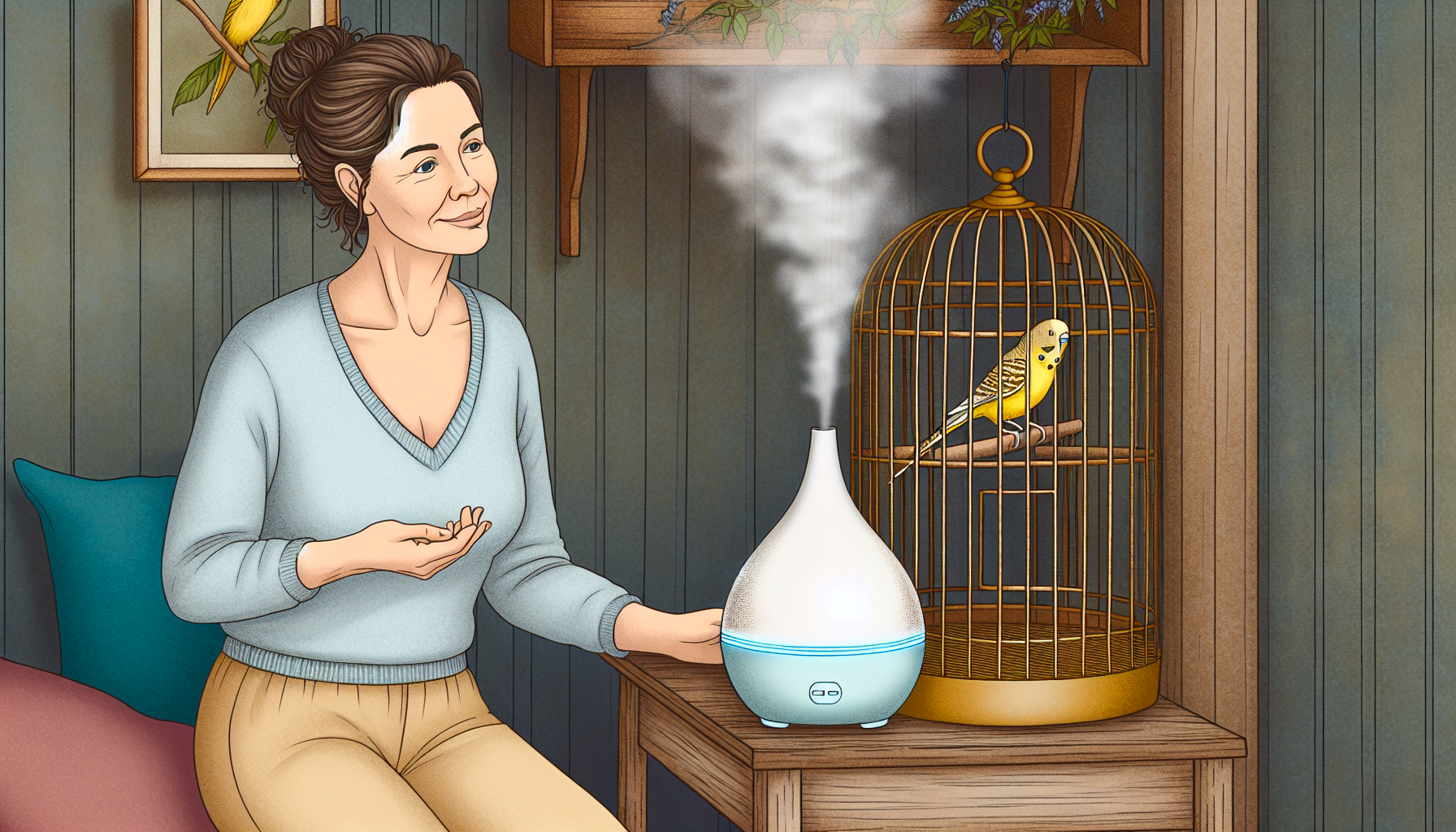
Presenting essential oils to your bird involves more than just diffusing your preferred blend near them. Like introducing a new food, this process should be gradual and done with care. It is strongly recommended to avoid using essential oils around birds, as they can be potentially harmful to their respiratory system.
Water misting for birds using essential oils involves:
-
Combining a few drops of essential oil with water in a spray bottle
-
Spraying it in the bird’s surroundings
-
Allowing the mist to disperse the oil particles, allowing the bird to inhale them
This method is used to introduce essential oils to birds that are not accustomed to being handled.
The Art of Diffusion Around Birds
Diffusing essential oils around birds can provide them with a calming environment and potential health benefits. However, it’s important to use water-based diffusers and monitor your bird’s reaction closely. For diffusing around birds, it’s suggested to mix 1 drop of essential oil with 100mL of water.
However, it is imperative to consult with a veterinarian before diffusing any oils around your bird. This is particularly important if your bird has any underlying health conditions, or if you are unsure about the safety of the oil.
The Dos and Don’ts of Water Misting
Your bird may find water misting with essential oils fun and pleasant. But like every good thing, it should be undertaken with a degree of caution. Birds may enjoy water misting with bird-friendly essential oils, but care should be taken not to spray directly onto their skin or feathers.
The Feathered Blend is a special mixture blended from lavender, orange, and lemon essential oils. When added to water, it can be used for misting directly onto birds. However, if the bird is new to essential oils or enjoys a lot of water being sprayed onto them, less essential oil drops should be added.
Best Practices for Using Essential Oils With Pet Birds
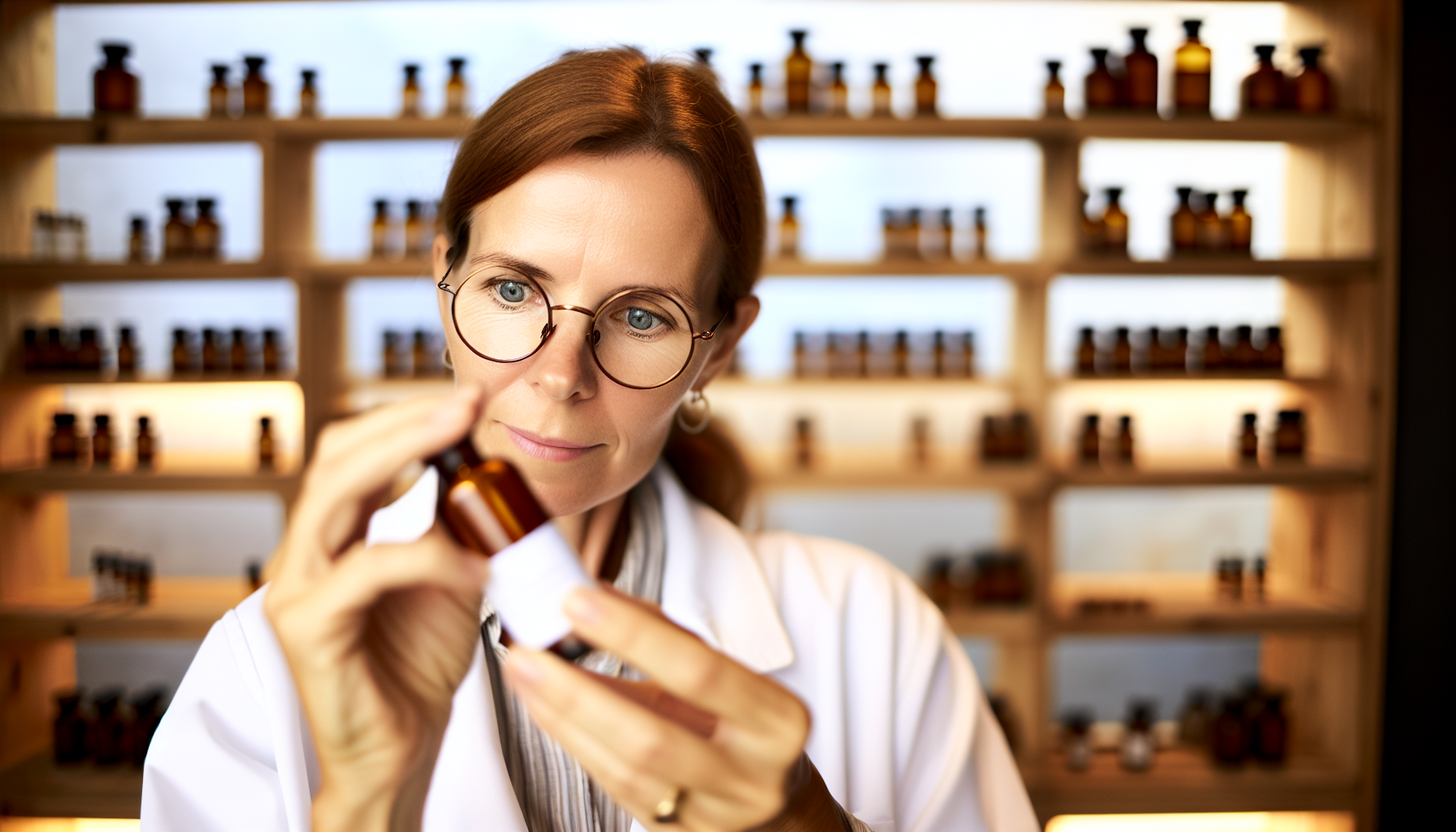
Incorporating essential oils into pet bird care involves more than you might think. It requires the careful choice of high-quality, pure essential oils, avoiding synthetic essential oils, and measures to safeguard their delicate respiratory systems, making an essential oil solution a crucial aspect of the process.
The correct way to add essential oils to a bird’s drinking water involves ensuring that it is diluted to a safe level. 1 Drop per liter should be used as the concentration standard. This is important for accurate results. It is always advisable to contact the company to ascertain if the blend contains any hazardous chemicals or additives before adding essential oils to your bird’s environment.
Choosing the Right Essential Oil Brands
Selecting the appropriate essential oil brands is an important step towards guaranteeing your pet bird’s safety and well-being. Not all essential oil brands are created equal, and the quality of oils can vary greatly.
Looking for the best essential oils for your birds? It is always advisable to consult with a veterinarian or avian specialist before using essential oils with your pet bird to ensure their safety.
Precautions for Birds’ Sensitive Respiratory Systems
Birds possess an extremely delicate respiratory system that can be easily overpowered by the potent aromas and volatile compounds in essential oils. Therefore, it’s important to take necessary precautions to protect their respiratory system.
Signs of a bird having a negative reaction to essential oils may include labored breathing, stress, and heavy feathers. In case of such reactions, immediately stop using the oil and consult with a veterinarian.
Creating a Safe Environment: Avoiding Household Toxins
Alongside considering the essential oils you use, it’s equally significant to maintain your bird’s environment free from other possible toxins. This includes common household items such as air fresheners, scented candles, and pest control products.
Also, one must be careful about managing pest control in homes with pet birds. Opt for natural pest control methods such as using citrus peels, white vinegar, herbs, or cinnamon. Always remove the bird from the premises for at least 24 hours if professional pest control services are being used.
Holistic Approaches to Bird Health: Consulting with Veterinarians
For bird health, using essential oils often requires a holistic approach. This involves looking at the bird’s overall health and well-being, not just treating the symptoms of a particular illness or condition.
However, it should be noted that essential oils should not replace professional veterinary care. Always consult with a veterinarian before using essential oils in conjunction with traditional veterinary medicine to ensure essential oils safe usage and to ensure the safety of your pet.
Custom Blends for Feathered Friends: Recipes and Ratios
Creating custom blends of essential oils for your birds can be an exciting and fulfilling task. However, it’s important to follow proper recipes and ratios to ensure their safety and well-being.
Different bird species could potentially have different sensitivities and reactions to essential oils. Therefore, it’s prudent to research and consult with avian experts or veterinarians to ensure the appropriate essential oil blends or ratios for specific bird species.
Summary
In the world of pet bird care, essential oils present a fragrant field of potential benefits and risks. From their calming effects to their potential health benefits, they can be a wonderful addition to your bird’s environment. But, as with anything, it’s critical to exercise caution, research thoroughly, and consult with a veterinarian before introducing these potent oils to your feathered friends.
Remember, the safety and well-being of your bird are paramount. Armed with knowledge and caution, you can navigate the world of essential oils and create a soothing, healthy environment for your bird – a place where both you and your feathered friend can breathe easy.
Frequently Asked Questions
Can you use essential oils with birds?
Although some essential oils can be used around birds with caution, it’s best to consult a veterinarian or avian specialist before using them as even small amounts of certain oils can be toxic.
What scents are safe for birds?
It’s best to use caution when introducing essential oils near your birds, as some may be more harmful than others. Try using cold air diffusers with safe scents such as lavender, geranium and lemon.
Are Air Wick essential oils safe for birds?
Caution should be exercised when using Air Wick essential oils around birds as they are sensitive to fragrances and have delicate respiratory systems. If you have additional concerns, please reach out to your vet for advice.
What are the potential benefits of essential oils for birds?
Essential oils may provide birds with some soothing and calming effects, as well as potential health benefits, but caution should be taken when using them near birds as their effects are still unknown.
What precautions should I take when introducing essential oils to my bird?
When introducing essential oils to your bird, take precautions and be cautious: introduce the oils gradually and monitor your bird’s reaction closely.

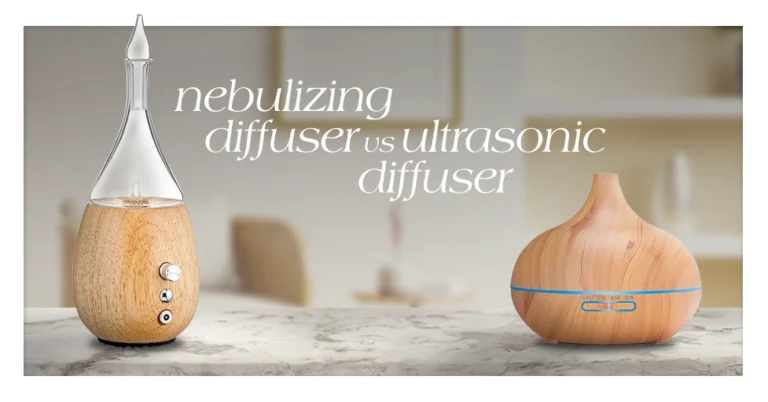
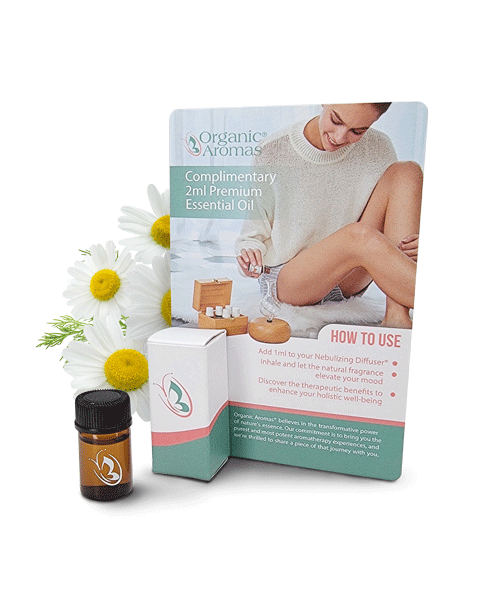
Thank you for this information, as a bird owner of a cockatoo I appreciate your sharing!
wow, thats amzing i did not realizred about using eo for birds!
Thanks, everythingw need for happy birds! 🙂
Love the info. I have been thinking of getting birds so this is some really good insight
Good info!
Thanks for info
I am increasingly amazed at the properties of essential oils
Interesting, not something I had considered before.
I would never have thought of this!
Thank you for this interesting information
The water misting EO’s is a great idea.
I didn’t know that birds could use essential oils.
We have had a few different parakeets as pets.
useful tips…thank you
This is fantastic information thank you
I would have never thought to use oils on a bird. I probably would have kept the diffuser away from the bird.
I think everyone with pets need to research the oils they want to use do they don’t use any that would harm them.
I’m looking into starting to use oils. I have 2 small dogs. I will be researching for sure. Thanks for the info !!
Very interesting and useful info!
Wow a lot of info and things I never even thought about.
a great article where every day we learn something new about oils.
Thanks for information
Never have thought they could be used on birds – what a joy
no birds yet maybe one day, so good to know
Interesting…
Thank you very much for the information, although I do not have birds as pets, surely my friends will use this information well.
Thank you for the wonderful info!
Useful information for my friend.
Interesting! I would never have thought of using essential oils with birds. Thanks for the info.
I love how OA cares about pets of all kinds. Thank you!
How interesting! I never knew you could use essential oils with birds. Neat!
I don’t have any birds but useful information for someone who does.